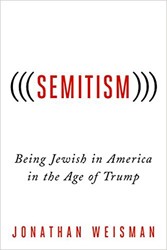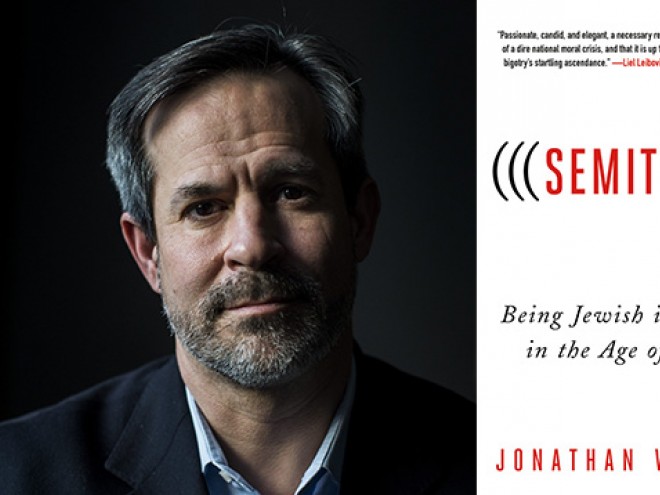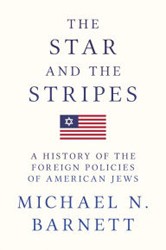Stephen Norwood has given us a book that catalogues and documents the far left’s anti- Semitism in America. He leads us through the details, the varieties, the changes, and the exceptions. He elucidates the far left’s American manifestations and traces its links to the Communist world. He shows us how anti-Semitism flowed from far-left ideology, but he also makes clear the inconsistencies and absurdities in far-left anti-Semitism.
Norwood resists the temptation to offer a grand theory explaining far-left anti-Semitism, probably because an appreciation of anti- Semitism’s complexity and variety suggests multiple sources on several etiological levels. He shows us that the sources of anti-Semitism sometimes provide alternative routes to the same disease. Other times, the sources interact to reinforce one another.
One continuing theme that can be detected in Norwood’s compilation is that extremists are generally more likely than moderates to be anti-Semites. It is significant that the other political context of rabid anti-Semitism, in addition to the far left, is the far right. It may be that moderates are more likely to appreciate the complexity of human character and historical reality and less likely to believe stereotypes or to scapegoat, and thus find it harder — though, sadly, not impossible — to vilify the Jews. In addition, the multidimensional complexity of Jewish life and law and the subtlety of Jewish thought may be especially annoying to people who crave simplicity and uniformity — in other words, extremists.
This book is valuable in several contexts — the history of the far left, the sources and nature of anti-Semitism, and the dangers of extremism. It tells us much about concerns that remain with us.




